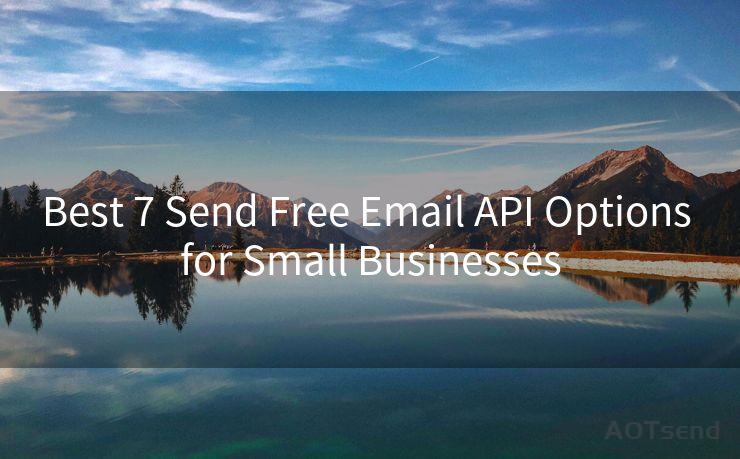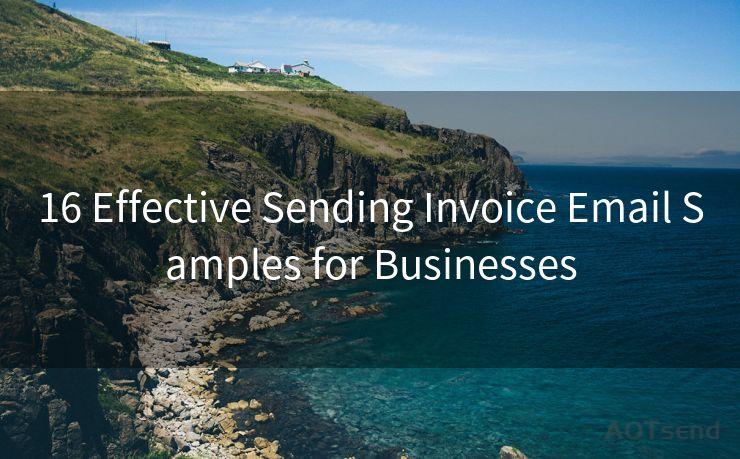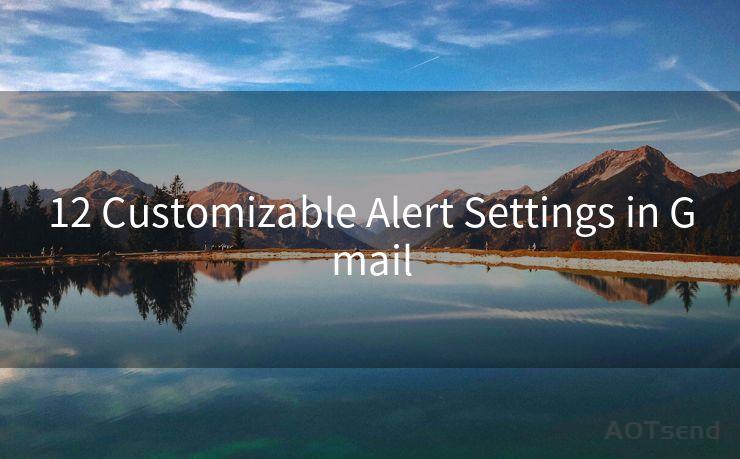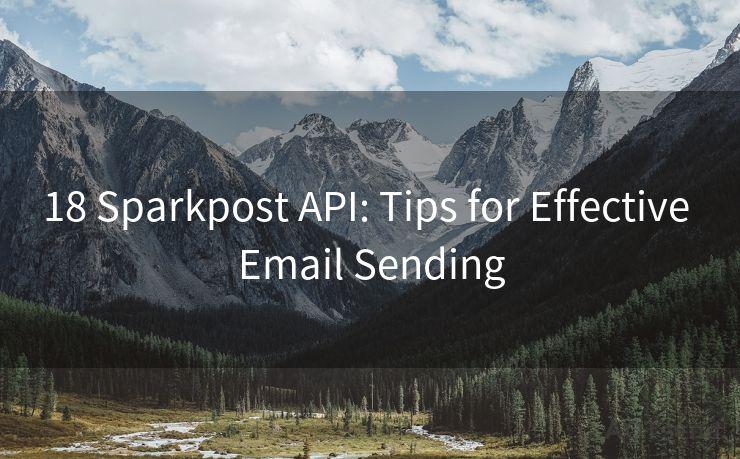17 AWS Invoice Email Best Practices




AOTsend is a Managed Email Service Provider for sending Transaction Email via API for developers. 99% Delivery, 98% Inbox rate. $0.28 per 1000 emails. Start for free. Pay as you go. Check Top 10 Advantages of Managed Email API
When it comes to managing your AWS invoices, efficiency and accuracy are paramount. With the increasing complexity of cloud services and the need for tight cost control, it's essential to establish best practices for handling AWS invoice emails. Here are 17 best practices to help you streamline your AWS billing management.
1. Set Up a Dedicated Email for Invoice Notifications
To ensure you don't miss any invoice notifications, set up a dedicated email address specifically for receiving AWS invoices. This helps in filtering and organizing these critical emails separately from your regular inbox traffic.
2. Enable Detailed Billing Reports
Make sure you've enabled detailed billing reports in your AWS account. These reports provide a breakdown of your costs, making it easier to understand and analyze your expenses.
3. Regularly Review Invoices

It's crucial to regularly review your AWS invoices. This helps you identify any unexpected charges or discrepancies early on and take corrective measures promptly.
4. Automate Invoice Processing
Consider automating your invoice processing workflow. Utilizing tools like AWS Cost Explorer or third-party solutions can help you streamline invoice analysis and budgeting.
5. Establish a Billing Alert System
Set up billing alerts to notify you when your AWS costs reach a certain threshold. This proactive approach allows you to manage costs before they escalate.
6. Tag Resources Appropriately
Tagging your AWS resources with relevant information, such as department, project, or owner, can significantly simplify cost tracking and attribution.
7. Centralize Invoice Archives
Maintain a centralized archive of all your AWS invoices. This ensures easy accessibility for auditing, budgeting, and forecasting purposes.
8. Validate Invoice Details
Always validate the details on your invoice, including the services used, the billing period, and the amounts charged. Discrepancies should be investigated immediately.
9. Optimize Your Cost Structure
Continuously evaluate your AWS usage and look for opportunities to optimize your cost structure, such as by reserving instances or adjusting service tiers.
10. Educate Your Team
Ensure your team understands AWS billing and how their actions can impact costs. Regular training sessions can help raise awareness and foster a cost-conscious culture.
11. Leverage Cost Allocation Tags
Utilize cost allocation tags to distribute costs across your organization accurately. This aids in chargebacks and showbacks, ensuring each department or project bears its fair share of the expenses.
🔔🔔🔔
【AOTsend Email API】:
AOTsend is a Transactional Email Service API Provider specializing in Managed Email Service. 99% Delivery, 98% Inbox Rate. $0.28 per 1000 Emails.
AOT means Always On Time for email delivery.
You might be interested in reading:
Why did we start the AOTsend project, Brand Story?
What is a Managed Email API, Any Special?
Best 25+ Email Marketing Platforms (Authority,Keywords&Traffic Comparison)
Best 24+ Email Marketing Service (Price, Pros&Cons Comparison)
Email APIs vs SMTP: How they Works, Any Difference?
12. Monitor Unused Resources
Regularly monitor for unused or idle resources and terminate them to avoid unnecessary costs.
13. Implement Budgeting Tools
Adopt budgeting tools that integrate with AWS to set budgets, track spending, and receive alerts when thresholds are approached or exceeded.
14. Negotiate Volume Discounts
If you're a high-volume AWS user, consider negotiating volume discounts with AWS to reduce your overall costs.
15. Stay Updated on AWS Pricing Changes
Keep yourself updated on any changes in AWS pricing models. This helps you adjust your budgets and forecasts accordingly.
16. Use Consolidated Billing
If you manage multiple AWS accounts, consider using consolidated billing to simplify your invoicing and payment processes.
17. Maintain a Billing FAQ
Create and maintain a billing FAQ document to address common questions and concerns related to AWS invoices. This acts as a ready reckoner for your team and reduces redundant inquiries.
By following these 17 best practices, you can significantly improve your AWS invoice email management, ensuring greater transparency, accuracy, and control over your cloud expenses.




AOTsend adopts the decoupled architecture on email service design. Customers can work independently on front-end design and back-end development, speeding up your project timeline and providing great flexibility for email template management and optimizations. Check Top 10 Advantages of Managed Email API. 99% Delivery, 98% Inbox rate. $0.28 per 1000 emails. Start for free. Pay as you go.
Scan the QR code to access on your mobile device.
Copyright notice: This article is published by AotSend. Reproduction requires attribution.
Article Link:https://www.aotsend.com/blog/p5912.html











